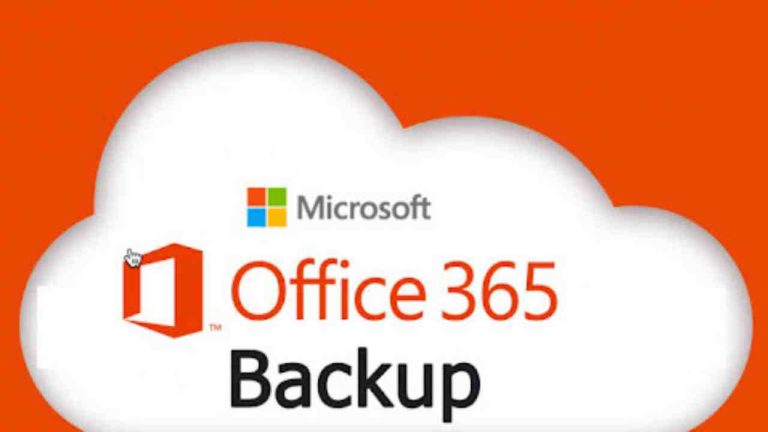Businesses today deal with increasing complexities in the management of their telecommunication services. One nebulous term, Telecom Expense Management (TEM), is often mentioned in passing but not fully understood by many. Yet, it is a crucial aspect of maintaining cost-effective and efficient operations. But what is the definition of telecom expense management? This article hopes to demystify the concept of TEM and its significance for businesses. Keep reading to gain deeper insights.
The Definition of Telecom Expense Management

Telecom Expense Management encompasses a spectrum of methods employed to monitor and control a business’s telecommunications costs. These costs include both the fixed and variable expenses of voice, data, and wireless services.
The primary goal of TEM is to optimize telecommunication services‘ cost and usage across a multitude of platforms and vendors. It involves rigorous auditing, negotiation, and adjustment processes.
While the concept seems simple on paper, deploying an efficient TEM system requires intricate knowledge and professional expertise. It demands extensive involvement in various company aspects, from budgeting to IT infrastructures. Hence, businesses need to invest time and effort into continuously enhancing TEM operations to ensure effectiveness in the long run.
Fundamental Components of Telecom Expense Management
TEM consists of various fundamental components that ensure its effective operation. These include the integration of the billing process, inventory management, usage management, and vendor relationship management.
Billing process integration is central to the appropriate allocation of telecommunication costs. TEM software can automate this process, reducing the risk of human error, and streamlining expense accounting.
Inventory management includes cataloging and monitoring all telecommunication assets to determine their usage rate and effectiveness. An effective TEM system can accurately track each device, service, and user to eliminate inefficiencies.
Usage management aims to evaluate how the enterprise utilizes its telecom services. This includes analyzing consumption patterns and identifying any discrepancies or over-utilization of telecom services.
The last key component, vendor relationship management, focuses on negotiating contracts and managing relationships with telecom vendors. Effective vendor management can lead to favorable service contracts and dispute resolution.
How Telecom Expense Management Benefits Businesses

Having embraced TEM, businesses can expect to reap several benefits. The most tangible advantage of TEM is substantial cost savings. By keeping a close eye on telecommunication usage and costs, companies can eliminate waste and improve budget efficiency.
Apart from economic benefits, TEM also improves operational efficiency. Through effective inventory and usage management, businesses can identify and rectify inefficiencies, resulting in optimal resource utilization.
Furthermore, TEM allows businesses to stay ahead of evolving technology trends. With continued monitoring and optimization, companies can adapt to the changing telecom environment and seize new opportunities.
Key Approaches to Effective Telecom Expense Management
There are various strategies to implement effective TEM. First, businesses should continually audit their telecom expenses. Regular auditing facilitates early detection of errors and frauds, thus preventing unnecessary expenditures.
Secondly, companies should leverage the power of automation. By automating tasks such as invoice processing or expense allocation, companies can enhance precision and save time.
An integrated approach to managing telecom expenses is also advisable. Rather than isolating TEM from other business processes, integrating it can provide more profound insights and better performance optimization.
Overall, Telecom Expense Management is vital for businesses to maintain cost-effective and efficient operations amidst the complexities of managing telecommunication services. By understanding the definition and learning about the many ways TEM can be made effective for businesses, companies can leverage this strategy to its full potential for optimal results.







